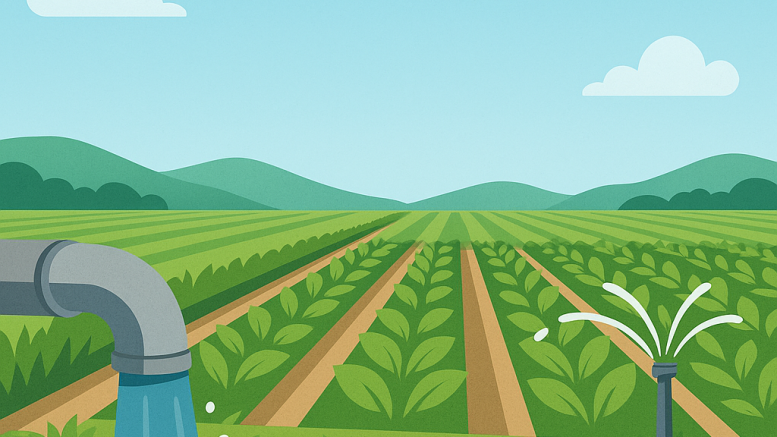Mexico Invested US$ 3.4 billion in National Irrigation Plan
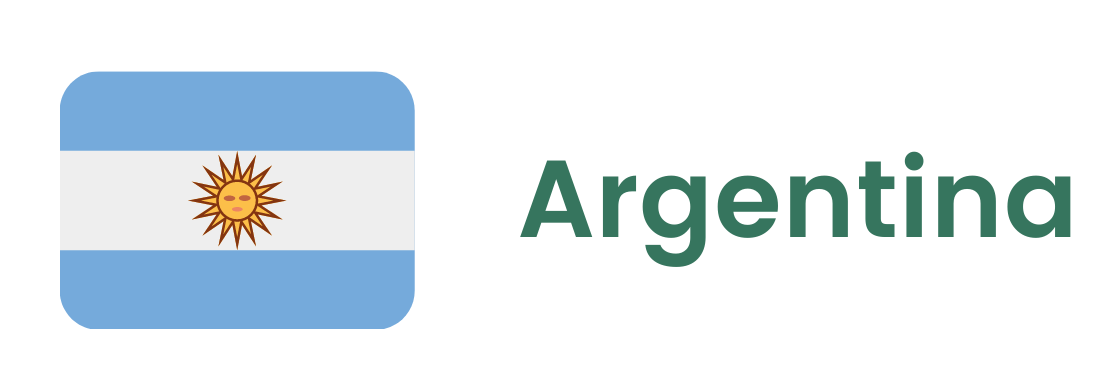
Agro-industrial exports reached US$ 4.93 billion in September 2025, the best performance in 4 years and a growth of 21% in value and 14% in volume compared to the previous year. The result was driven by the large growth in the exported value of wheat, soybeans and sunflower. Year-to-date, exports grew 6% in value and 10% in volume, reflecting the diversification of products and the increase in sales destinations. (Ministry of Economy)
Fendt has opened 3 new stores in Argentina, expanding its presence in South America. The company targeted the country as the agribusiness represents 23% of the GDP. This arrival occurs during a time of recovery, with the agricultural machinery market expected to reach US$ 2.3 billion by 2030. (Fendt)

According to Rodrigo Romanha, Market Access Manager at TMG, soybean planting for the 2025/26 season has reached 55% of the total estimated area as of November 3th. The advance is led by the South and the State of Mato Grosso macro-regions, with 85% and 81% of the sowing concluded, respectively. (TMG)
Raízen crushed 35.1 million tonnes of sugarcane in Q2 2025/26. Although agricultural productivity fell due to frosts and fires, the high quality of the sugarcane allowed for the maximization of sugar production, which grew 30%, reaching 4.77 million tonnes. The production mix in the quarter was 56% sugar and 44% ethanol. (Raízen)
Inpasa, Latin America’s largest grain ethanol biorefinery, began construction of its 9th unit in Rio Verde, GO, with an investment of US$ 447 million. The plant, scheduled to open in 2027, will have the capacity to process 2 million tonnes of grain and produce 1 billion liters of ethanol. (Inpasa)
AGCO globally surpassed profit and revenue expectations in 3Q25. However, performance was negative in Latin America, where sales fell 9.5% and adjusted earnings per share dropped nearly 40%. The decline is due to the strong deceleration of the Brazilian market, caused by economic instability and low commodity prices, which led farmers to postpone the purchase of agricultural machinery. (AGCO Corporation)
Minister of agriculture, Carlos Fávaro, announced that the European Union has resumed the pre-listing system (sanitary qualification) for the export of Brazilian eggs, allowing eligible farmers to export immediately. (MAPA)
Wheat harvest in the State of Rio Grande do Sul is at a slower pace, due to the alternation of rain and mild temperatures that delayed maturation, leaving 58% of the crops still developing. Despite the delay, the industrial quality of the wheat and the grain weight are good, with initial productivity ranging between 2,8 thousand and 3,5 thousand kg/ha. (Technical Assistance and Rural Extension Company of Rio Grande do Sul)
Aprosoja Brasil and Aprosoja MT sent the Soybean Farmers Manifesto Letter to COP30, accusing the global debate of ignoring the country’s sustainability. The document proposes that Brazil lead a tropical, sovereign and productive climate agenda, using its agriculture and clean energy matrix as assets to prove that it is possible to grow and produce sustainably. (Aprosoja MT; Aprosoja)

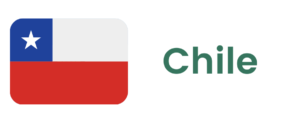
President Gabriel Boric, at COP30, emphasized the urgency of the Paris Agreement. Chile presents itself as a regional leader with achievements such as 70% renewable energy generation and a focus on electromobility. The country’s central message is to drive a just socio-ecological transition, combining the fight against the climate crisis with social development and the improvement of quality of life. (Government of Chile)
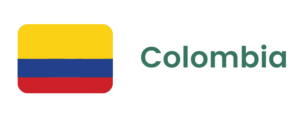
Food and beverage sector registered an annual growth of 29.6% in exports in September 2025. Husk coffee remains the main product, followed by bananas and palm oil. The sector also saw a 39.3% increase in the export of fish/crustaceans. The Minister of Agriculture, Martha Carvajalino, highlighted the sector’s role in the transition to a sustainable economy, citing the lowest rural unemployment rate in seven years. (Departamento Administrativo Nacional de Estadística)
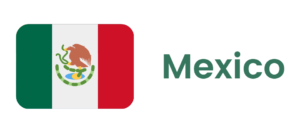
FAO granted the “Metepantle” terrace farming system the status of Globally Important Agricultural Heritage System. This sustainable system, which is chemical-free and crucial for biodiversity and food security, is the third in the country to receive the distinction. (FAO)
40% progress in the National Irrigation Technification Plan, with an investment exceeding US$ 3.4 billion. The plan is crucial for water efficiency in agriculture and stands out globally for allocating the water saved to human consumption. The initiative aims to technify over 200 thousand hectares across 18 districts and benefit more than 225 thousand farmers, increasing production with less water. (Conagua)


Asunción hosted the First International Meeting of Women Leaders in Agriculture, with the support of the Ministry of Agriculture. The event gathered prominent figures from the agribusiness sector to debate innovation, sustainability, and market access, aiming to strengthen female leadership in the rural sector, give them greater visibility and promote more inclusive and sustainable agricultural development. (Ministry of Agriculture)
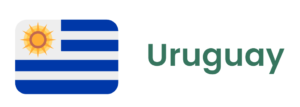
Biotechnology startup MetaBIX Biotech raised over US$ 1 million in international investment to finance its expansion into the Mexican and United States markets. The company uses Artificial Intelligence to analyze air on farms, aiming to predict outbreaks and mitigate the risk of disease in plants and animals. (Uruguay XXI)

READ MORE:

